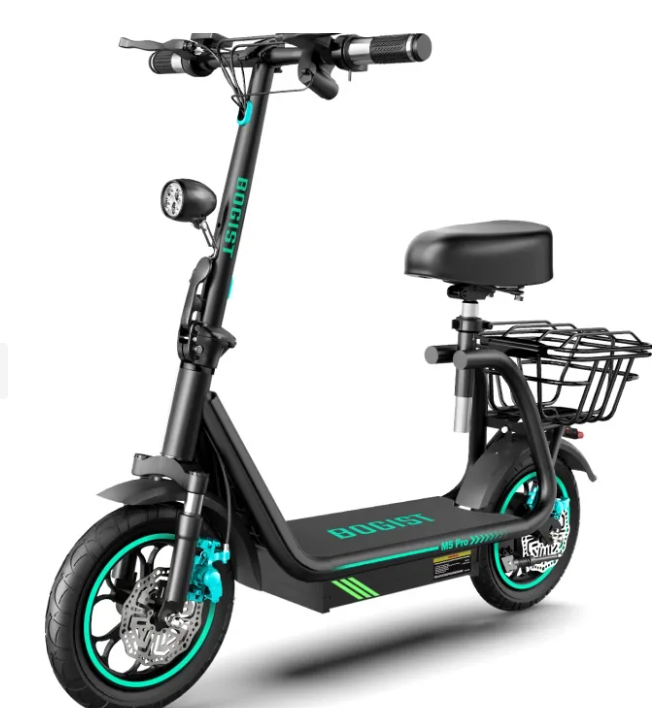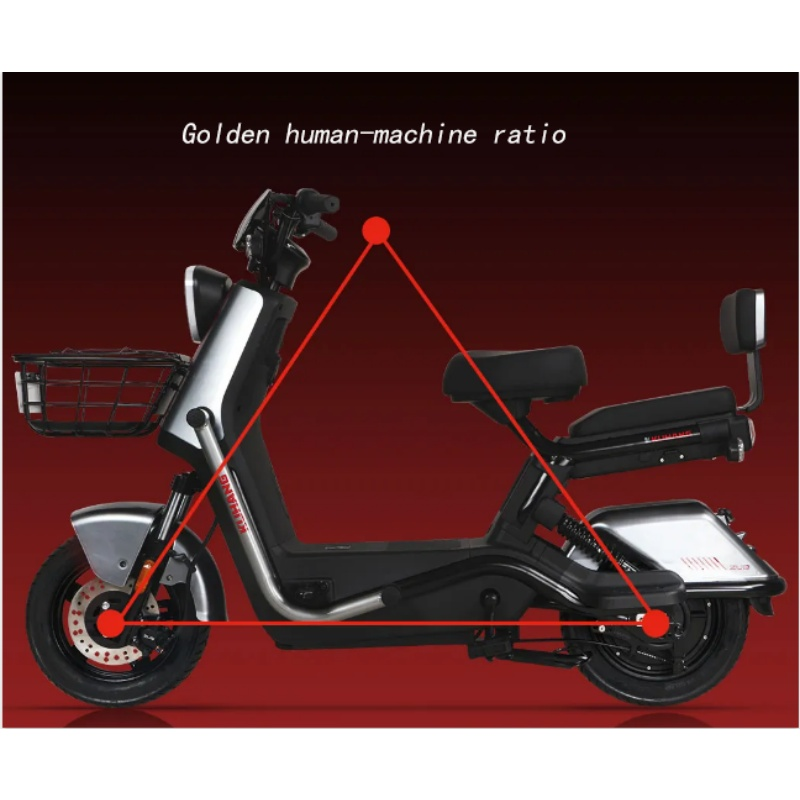The Urban Mobility Revolution: Understanding Fold Bikes
Urban living presents unique transportation challenges that demand innovative solutions. As cities become more congested and living spaces shrink, the fold bike has emerged as a revolutionary answer to modern mobility needs. These compact yet capable vehicles are transforming how city dwellers navigate their daily commutes, offering a perfect blend of convenience and practicality.
The concept of a fold bike dates back to the early 20th century, but recent technological advancements have catapulted these versatile machines into the spotlight of urban transportation. Today's fold bikes combine sophisticated engineering with practical design, creating a transportation solution that addresses multiple aspects of city living - from storage constraints to multimodal commuting needs.
Core Benefits of Fold Bikes in Urban Environments
Space-Saving Storage Solutions
Living in the city often means dealing with limited space, and a fold bike offers an elegant solution to this common challenge. Unlike traditional bicycles that require dedicated storage areas, a fold bike can be tucked away in a closet, under a desk, or in a corner of a small apartment. This space-saving feature makes it particularly attractive for apartment dwellers who don't have access to bike rooms or outdoor storage.
The compact nature of a fold bike when collapsed means it can fit into spaces as small as 23 x 30 inches, roughly the size of a medium suitcase. This remarkable space efficiency doesn't just benefit home storage - it extends to office spaces, restaurants, and other venues where traditional bikes might be unwelcome or impractical.
Multimodal Transportation Integration
One of the most compelling advantages of a fold bike is its seamless integration with other forms of transportation. Commuters can easily combine cycling with public transit, folding their bike for the train or bus portion of their journey, then unfolding it for the last mile. This flexibility makes it possible to cover longer distances while avoiding traffic congestion and parking hassles.
Many modern fold bikes can be collapsed in under 20 seconds, making quick transitions between transportation modes practical and efficient. This versatility is particularly valuable in cities with mixed transportation infrastructure, where combining different travel methods might be necessary for optimal commuting.

Design and Technology Innovations
Advanced Folding Mechanisms
Modern fold bikes showcase impressive engineering achievements in their folding mechanisms. Manufacturers have developed various systems, from mid-fold designs to triangle-fold technologies, each offering unique advantages. These mechanisms are not only quick to operate but also ensure structural integrity and riding stability when the bike is unfolded.
The evolution of folding technology has led to bikes that can achieve smaller folded dimensions while maintaining full-size riding characteristics. Premium models feature tool-free folding systems that can be operated with simple, intuitive movements, making them accessible to users of all experience levels.
Materials and Performance
Today's fold bikes utilize advanced materials like aluminum alloys, chromoly steel, and even carbon fiber in high-end models. These materials provide an optimal balance of durability, weight, and performance. Despite their compact nature, many fold bikes offer riding experiences comparable to traditional bicycles, with some models featuring full-size wheels and multiple gearing options.
The attention to material science has resulted in fold bikes that typically weigh between 20-25 pounds, making them light enough to carry up stairs or onto public transportation. This combination of durability and portability ensures that users don't have to compromise on performance for the sake of convenience.
Economic and Lifestyle Advantages
Cost-Effective Transportation
Investing in a fold bike can lead to significant long-term savings. When compared to the costs of public transportation passes, car payments, fuel, and parking fees, a fold bike offers an economical alternative. The initial investment, while varying based on model and features, typically pays for itself within months of regular use.
Maintenance costs for fold bikes are generally comparable to traditional bicycles, with the added benefit that their compact size makes them easier to transport for servicing. Many users find that the durability of modern fold bikes results in lower long-term maintenance requirements than expected.
Health and Environmental Impact
Choosing a fold bike as a primary mode of transportation contributes to both personal health and environmental sustainability. Regular cycling, even for short distances, provides valuable cardiovascular exercise and helps maintain fitness levels. The ability to easily incorporate cycling into daily routines makes it more likely that users will maintain an active lifestyle.
From an environmental perspective, fold bikes represent a zero-emission transportation option that helps reduce urban carbon footprints. Their role in facilitating multimodal transportation can lead to decreased reliance on cars, contributing to reduced traffic congestion and improved air quality in urban areas.
Frequently Asked Questions
How safe are fold bikes compared to regular bicycles?
Fold bikes from reputable manufacturers undergo rigorous safety testing and are designed to be just as safe as traditional bicycles. The folding mechanisms include multiple safety locks and fail-safes to ensure the bike remains secure while riding. Many models actually exceed standard bicycle safety requirements due to their specialized construction.
What is the typical lifespan of a fold bike?
With proper maintenance, a quality fold bike can last 10-15 years or more. The folding mechanisms are designed for thousands of cycles, and the frame materials are chosen for long-term durability. Regular maintenance and proper storage can significantly extend the bike's lifespan.
Can fold bikes handle long-distance riding?
While primarily designed for urban commuting, many fold bikes are capable of longer rides. High-end models with proper gearing and full-size wheels can comfortably handle distances of 20-30 miles or more. However, rider comfort and efficiency may vary depending on the specific model and its intended use case.

